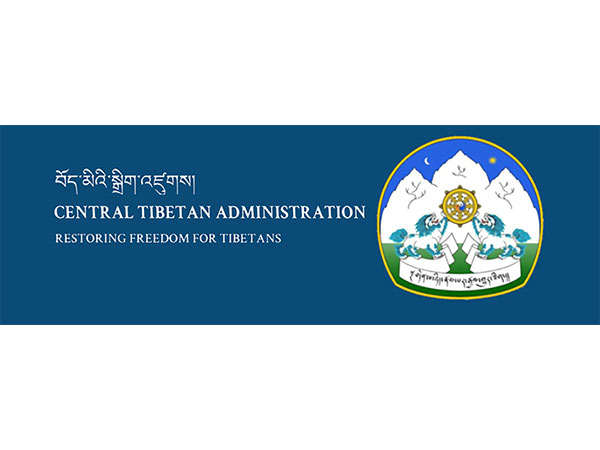Tibetan Language Suppression Sparks Cultural Crisis: CTA Accuses China of 'Second Cultural Revolution'
The Central Tibetan Administration (CTA) accuses China of efforts to erase Tibetan language and culture, labeling it a 'second Cultural Revolution.' Actions include educational restrictions, cultural assimilation policies, and forced separation of children, threatening Tibetan cultural survival amid political tensions over Tibet's status with China.

- Country:
- India
The Central Tibetan Administration (CTA), representing the Tibetan government in exile, released a statement Thursday accusing China of deliberate efforts to eradicate the Tibetan language. Described as a 'second Cultural Revolution,' these actions reportedly involve excluding Tibetan from educational systems, notably university entrance exams, despite Beijing's official denials.
Since 2021, the Chinese government has systematically shut down Tibetan language schools, particularly in monasteries, escalating its actions in 2022. This crackdown targets programs specializing in the Tibetan language, aligning with China's cultural assimilation strategy outlined in a 2024 white paper prioritizing Chinese national unity over ethnic identities.
The phenomenon includes removing Tibetan children from their families to promote Chinese language and 'Patriotic Education.' Historical protests, like the student uprising in Malho Prefecture in 2015 against Chinese-medium education imposition, underscore tensions. The CTA warns that these policies jeopardize Tibet's cultural heritage, as evidenced by challenges in preserving traditions like Tibetan medicine and religious history.
Tibet's geopolitical conflict stems from its disputed political status with China. Although historically autonomous, Tibet's independence ended with the Chinese People's Liberation Army's 1950 entry, followed by political unrest and the Dalai Lama's 1959 exile to India. China asserts Tibet as integral to its territory, conflicting with Tibetan desires for autonomy or independence. Human rights issues, particularly cultural preservation and religious freedom, remain at the crux of this enduring discord.
(With inputs from agencies.)
ALSO READ
China's Dairy Duties: EU Calls Measures Unjustified
China Strikes Back: Tariffs on EU Dairy Products Amid Trade Tensions
Tensions Surge as US Seizes Venezuelan Oil Tankers Amidst China's Condemnation
China's Anti-Dumping Measures Intensify EU Trade Tensions
Forging Digital Bridges: Pakistan and China Strengthen IT Ties










